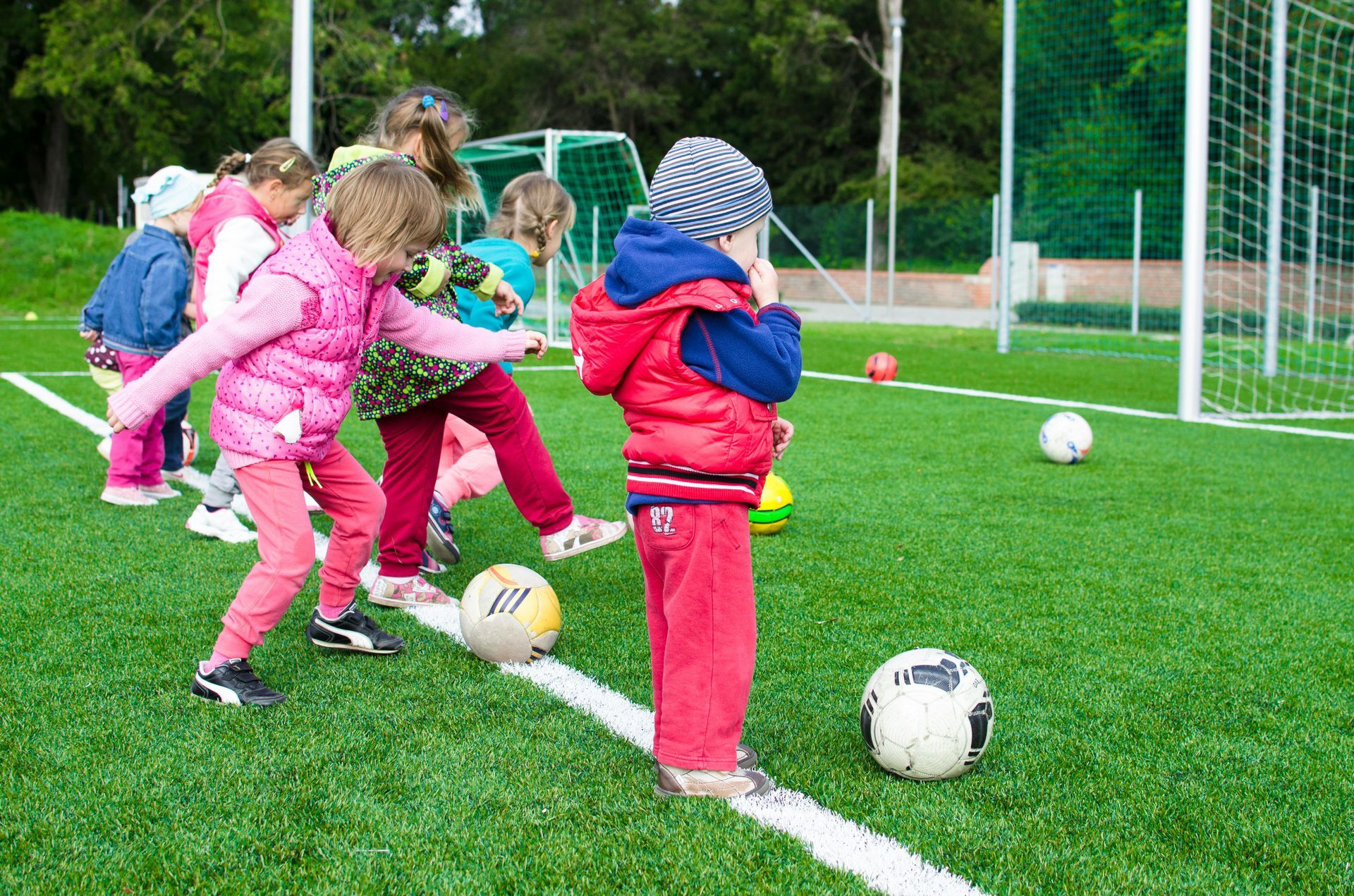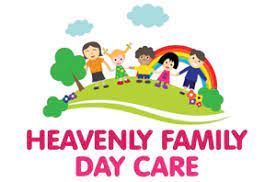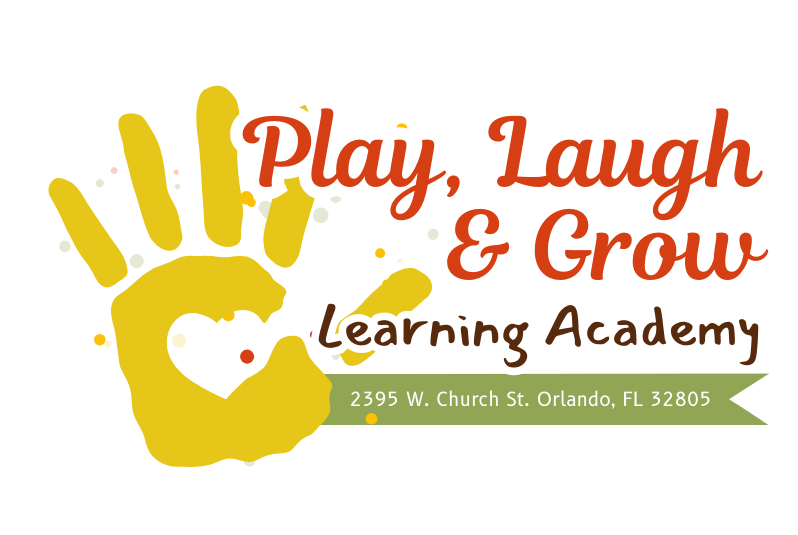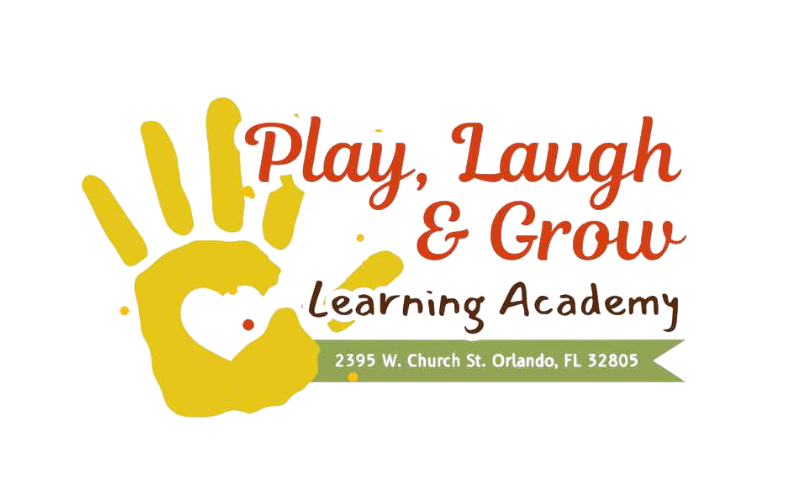Building Strong Foundations: How Early Childhood Education Shapes Lifelong Learning
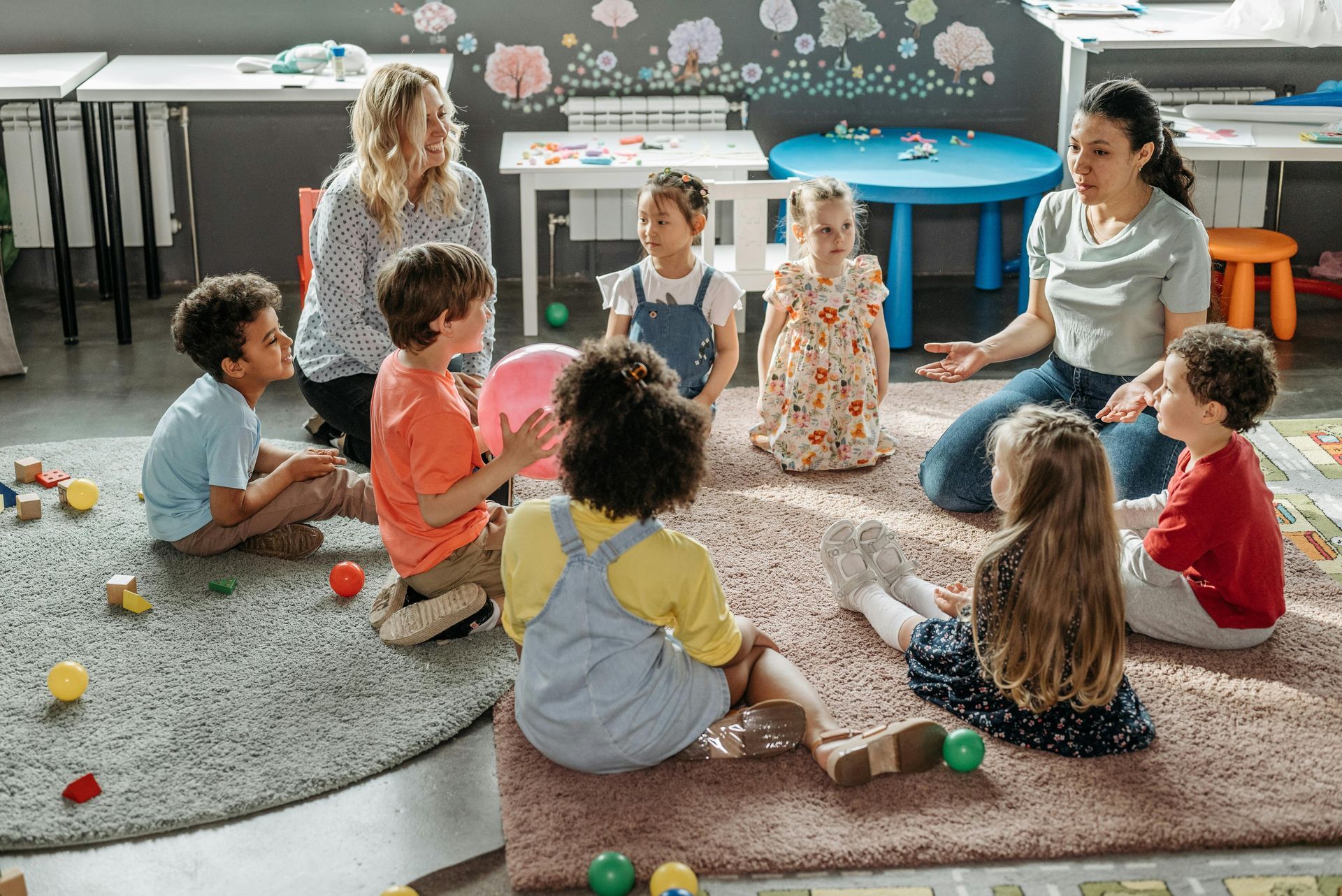
The early childhood years are the most crucial in a child’s development. During this period, the brain is developing at an astonishing rate, and every experience contributes to building a foundation for lifelong learning. At Play Laugh and Grow Academy, we understand that the foundation laid during these years will affect not only a child's academic performance but also their social, emotional, and cognitive growth. In this post, we will explore how early childhood education influences long-term learning and why it is essential to invest in quality early education.
Why Early Childhood Education Matters
Research has shown that the early years of a child’s life are pivotal for their cognitive, emotional, and social development. Studies suggest that high-quality early childhood education has a lasting impact on academic achievement, social behavior, and even career success. Here’s why these formative years are so essential:
- Brain Development: During the first five years, a child’s brain forms more than 1 million new neural connections each second. These early experiences help to shape the brain's structure and influence how a child will learn, think, and interact with others later in life.
- Learning is More Than Academics: Early education isn’t just about teaching letters, numbers, and shapes. It’s about learning how to think, solve problems, and interact with the world. It involves teaching children critical life skills such as communication, cooperation, and emotional regulation—skills that will serve them for the rest of their lives.
- Social and Emotional Skills: Early childhood education plays a crucial role in teaching children how to navigate social situations. It encourages emotional intelligence, empathy, and self-regulation, laying the groundwork for positive social interactions throughout their lives.
- School Readiness: Children who attend high-quality early childhood education programs are better prepared for kindergarten and beyond. They develop the academic, cognitive, and social skills necessary to succeed in school and continue to excel as they grow.
How Early Childhood Education Supports Lifelong Learning
At Play Laugh and Grow Academy, we focus on creating an environment where children are not just learning academically, but also developing key life skills that will help them succeed throughout their lives. Here’s how our curriculum supports the foundation for lifelong learning:
- Fostering a Love for Learning: We believe that early childhood education should inspire a love for learning that lasts a lifetime. Our programs are designed to engage children with hands-on, interactive activities that encourage curiosity, creativity, and exploration. By making learning fun, we help children develop a lifelong passion for knowledge.
- Building Cognitive Skills: Our curriculum is structured to help children develop the cognitive skills they need for future learning. Through activities that involve problem-solving, critical thinking, and hands-on exploration, children build essential skills that form the foundation for more advanced learning.
- Developing Communication Skills: Early childhood education places a strong emphasis on communication. Whether through reading, storytelling, group discussions, or play, children learn how to express themselves, listen to others, and engage in meaningful conversations. These communication skills are essential for success in both school and in the workplace.
- Encouraging Emotional and Social Development: Children who are taught how to manage their emotions, understand the emotions of others, and work cooperatively with peers are more likely to succeed socially and academically throughout their lives. At Play Laugh and Grow Academy, we integrate social-emotional learning into our curriculum, helping children develop the emotional skills they need to thrive.
- Promoting Independence and Self-Regulation: One of the most important aspects of early childhood education is teaching children to be independent learners. By fostering a sense of autonomy, we encourage children to take initiative, solve problems on their own, and regulate their behavior. These skills not only set children up for success in school, but also teach them to be lifelong learners who can adapt and thrive in any environment.
The Benefits of Early Childhood Education
The benefits of early childhood education extend far beyond the preschool years. Children who attend quality early education programs are more likely to:
- Perform Better in School: Research has shown that children who attend preschool programs have better academic outcomes in elementary and secondary school. They are more likely to read at grade level, perform well in math, and have higher test scores.
- Develop Stronger Social Skills: Early childhood education teaches children how to work with others, share, cooperate, and resolve conflicts. These social skills are essential for success in school, the workplace, and in personal relationships.
- Exhibit Positive Behaviors: Children who attend high-quality early education programs tend to display fewer behavioral problems, such as aggression, and are less likely to engage in risky behaviors later in life.
- Achieve Long-Term Success: Studies have shown that children who attend quality preschool programs are more likely to graduate from high school, attend college, and have successful careers. The early education experience gives children the foundation they need to succeed in all areas of life.
- Become Lifelong Learners: Perhaps the most important benefit of early childhood education is that it instills a love of learning that lasts throughout life. By fostering curiosity and a sense of wonder in the early years, children develop a passion for learning that will serve them well in the years to come.
The Role of Play in Early Education
Play is an essential component of early childhood education. It is through play that children learn how to explore their environment, solve problems, and develop social skills. At Play Laugh and Grow Academy, we integrate play into every aspect of our curriculum. Here’s how play supports lifelong learning:
- Cognitive Development: Play helps children develop problem-solving skills, critical thinking, and creativity. Whether it’s building with blocks, engaging in pretend play, or solving puzzles, children learn how to think and approach challenges from different angles.
- Social Skills: Play provides children with the opportunity to interact with peers, share, negotiate, and resolve conflicts. These social interactions help children develop communication skills, empathy, and cooperation, which are essential for success in school and beyond.
- Emotional Regulation: Through play, children learn how to manage their emotions and deal with frustration, excitement, and other feelings. This is an important skill that supports emotional intelligence and helps children navigate social and academic challenges.
- Creativity and Imagination: Play allows children to explore their creativity and imagine new worlds. Whether they are pretending to be superheroes, building a castle, or playing house, play encourages imagination, which is a key aspect of lifelong learning and innovation.
Learn about the crucial role of emotional intelligence in early childhood education and how strong foundations in early learning shape future success in the blog posts
The Importance of Emotional Intelligence in Early Childhood Education and
Building Strong Foundations: How Early Education Shapes Lifelong Success.
Conclusion
Early childhood education is a powerful tool that shapes a child’s future. By providing a strong foundation in cognitive, social, and emotional skills, we set children up for success in school, relationships, and life. At Play Laugh and Grow Academy, we are dedicated to giving children the tools they need to thrive in the future. Our commitment to building strong foundations in the early years helps children develop a lifelong love of learning that will stay with them throughout their lives.









